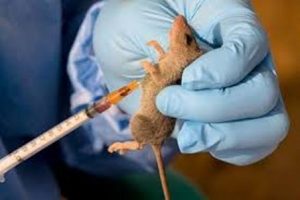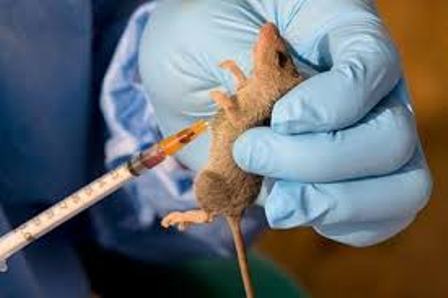- Activates emergency response

ABUJA – The Federal Government has declared Lassa fever outbreak in parts of the country.
Nigerian Centre for Disease Control (NCDC) on Tuesday, January 22, said 60 cases of the disease were recorded between January 1 and 13 this year.
In a statement signed by Chief Executive Officer of the organisation, Dr. Chikwe Ihekweazu, NCDC urged people in the nation to put necessary measures in place to contain the spread of the disease.
“There has been an increase in the number of Lassa fever cases reported from several states across the country since the beginning of the year. Recent epidemiological data shows that this trend usually occurs during the dry season, between January and April.
As at 13 January 2019, a total of 60 confirmed cases have been reported in eight states,” said NCDC.
Lassa fever is an acute viral haemorrhagic illness, transmitted to humans through contact with food or household items contaminated by infected rodents.
Person-to-person transmission can also occur, particularly in hospital environment in the absence of adequate infection control measures. Health care workers in health facilities are particularly at risk of contracting the disease, especially where infection prevention and control procedures are not strictly adhered to, said NCDC.
The organisation urged members of the public to focus on prevention by practicing good personal hygiene and proper environmental sanitation.
Effective measures according to the organization include storing grain and other foodstuffs in rodent-proof containers, disposing of garbage far from the home and maintaining clean households, and other measures to discourage rodents from entering homes.
It said hand washing should be practiced frequently and that the public should avoid bush burning.
It explained that Lassa fever presents initially like any other disease causing febrile illness such as malaria and advised the public to practice standard precautions at all times and maintain high index of suspicion.
“Rapid Diagnostic Test (RDT) must be applied to all suspected cases of malaria. When the RDT is negative, other causes of febrile illness including Lassa fever should be considered. Accurate diagnosis and prompt treatment increases the chances of survival,” the organization said.
“Given this increase in reported cases of Lassa fever, the Nigeria Centre for Disease Control (NCDC) has declared this an outbreak and activated an Emergency Operations Centre (EOC) to coordinate the response.
The national EOC includes representatives from the World Health Organization (WHO), Federal Ministry of Agriculture and Rural Development, Federal Ministry of Environment, US Centers for Disease Control, as well as other partners.
“In preparation for this year’s emergency phase, NCDC has been providing support to states including the provision of emergency supplies and deployment of Rapid Response Teams (RRT).
“The RRTs will work with states in response coordination, contact tracing, case management, risk communication and strengthening infection prevention and control practices.
“Since the Lassa fever outbreak in 2018, NCDC has worked with states to ensure better preparedness and improved response. In the last one year, guidelines have been revised, new data management tools have been developed and the laboratory network has been strengthened.
“Additionally, risk communications has been strengthened through radio, posters, flyers and social media. A national research plan has been developed, to enable its full integration into the outbreak response to gain a better understanding of the disease,” the statement stressed.

